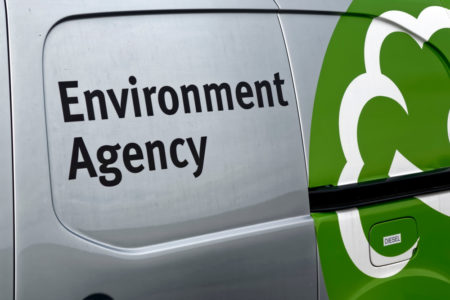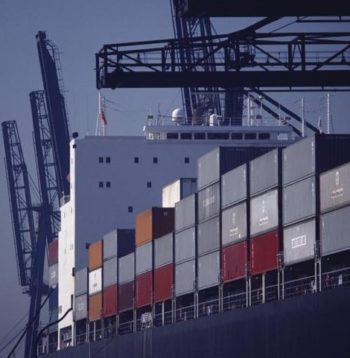The number of active illegal waste sites fell from 685 at the end of the 2018/19 financial year to 544 at the end of 2019/20, according to the Environment Agency.
This is the lowest number of active illegal waste sites recorded since the Agency’s data began in 2009/10.

The Environment Agency says the number of active illegal waste sites fell to 544 at the end of 2019/20
Yesterday (22 February) the Agency published an update of its data on compliance ratings, pollution inventory, pollution incidents, enforcement and waste crime for 2019. The figures cover 1 April 2019 to 31 March 2020,
By way of a definition, the Agency says: “Illegal waste sites operate without a permit, are organised and involve multiple loads of waste being treated, stored or disposed. The activities may be known to the landowner or occupier and run as a business.
“Permit breaches and fly-tipping are not illegal waste sites, however, exempt sites operating outside their conditions and permitted sites operating outside of their permitted boundary are illegal waste sites.”
New sites
Another highlight from the data shows the number of new sites identified fell from 896 in 2018/19 to 775 in 2019/20.
The Agency stopped illegal waste activity at 940 sites in 2019/20, up from 912 in 2018/19. The total number of stopped sites brought into regulation was 42, including 11 by permitting and 31 by exemption.
The number of stopped sites not brought into regulation was 898, up from 823 in 2018/19. This means only 4% of stopped sites were brought into regulation in 2019/20, down from 10% in 2018/19.
Illegal dumping
The Environment Agency’s data also addresses illegal dumping. It defines illegal dumping as “the illegal deposit of waste on land” and says: “Local councils will clear and the Environment Agency may investigate the larger (more than 20 tonnes, 20m3 or a tipper load), organised (linked to criminal business practices) or hazardous (waste over 75l which have the potential to damage the environment) incidents of illegal dumping.”
The Agency dealt with a total of 230 incidents of illegal dumping within its remit in 2019/20, up from 204 in 2018/19.
Of these incidents, five related to asbestos, five to electrical equipment, 37 to chemical drums, oil or fuel, 60 to construction, demolition or excavation, six to vehicle parts, four to tyres, 13 to household or commercial black bags, 77 to other household or commercial waste, 15 to unidentified ‘other’ waste, and eight to green waste. There were no illegal dumping incidents dealt with by the Agency that related to animal carcasses or clinical waste.
Illegal waste exports
And the Environment Agency also included data on illegal waste exports, which it defines as “consignments of waste which have been wrongly described as something else”.

The Environment Agency defines illegal exports as consignments of waste which have been wrongly described as something else
“Because illegal waste shipments are incorrectly described, quantifying the market has always proved difficult,” it says. “We use intelligence, information and data provided from a variety of sources to intercept shipping containers at ports and loading sites.”
The Agency inspected 1,889 containers in 2019/20, up from 926 in 2018/19.
Of these 1,889, 1,426 were released for export and 430 were returned to a waste site.
The Agency says it prevented 11,288 tonnes of waste from being illegally exported through interventions at sites and 11,400 tonnes though interventions at ports.
It says it prevented a total of 22,688 tonnes of waste from being exported illegally in 2019/20, up from 12,690 tonnes in 2018/19.
In 2019/20 the Agency says an estimated £1,955,989 in revenue to the UK economy from waste was prevented from being exported illegally. This is up from £1,069,288 in 2018/19.
The post Active illegal waste sites fall in 2019/20 appeared first on letsrecycle.com.
Source: letsrecycle.com Waste Managment



